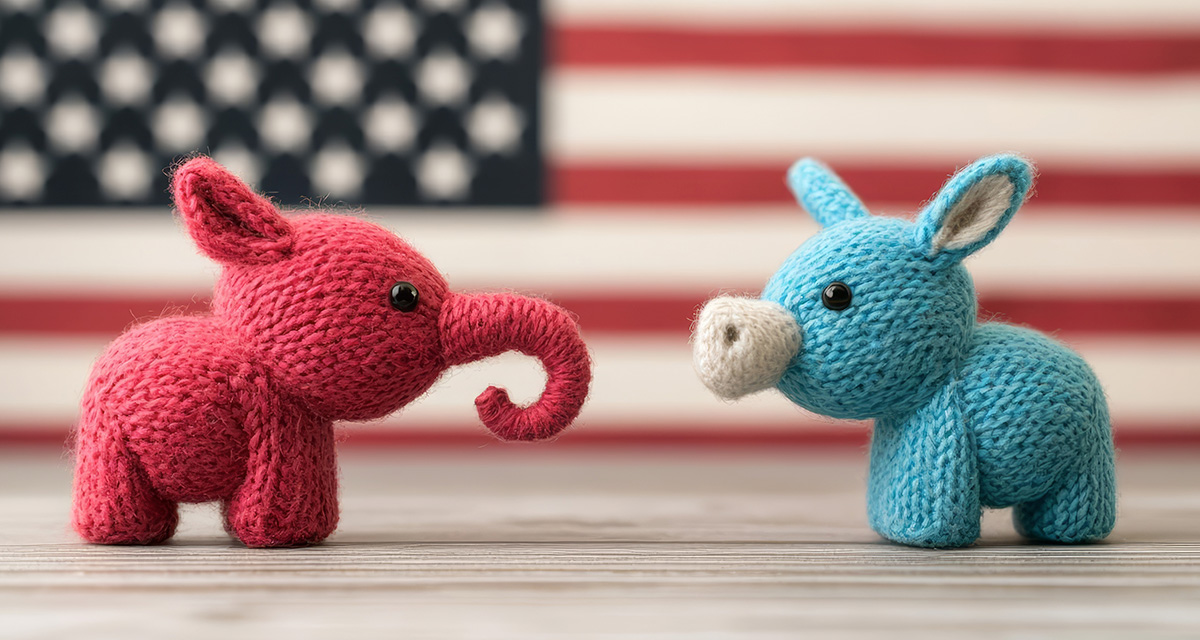
Election season often brings with it heightened emotions, uncertainty, and tension that can weigh heavily on our mental health. With divisive issues and media saturation, it’s common to feel overwhelmed. This post dives into ways to manage election-related stress, drawing on techniques from psychotherapy to help you stay calm, grounded, and mentally resilient during this time.
Practice Mindfulness to Stay Present
Election periods often bring with them a lot of “what if” thinking. You may worry about potential outcomes and their impact on your future, leading to anxiety and stress. Mindfulness—one of the core principles in therapeutic practices—can be an invaluable tool here. Mindfulness encourages you to focus on the present moment and observe your thoughts without judgment.
To get started, try setting aside just a few minutes each day for a brief mindfulness exercise:
Breathing Exercise: Take a few minutes to close your eyes and focus on your breathing. Inhale deeply, count to four, and exhale slowly. As thoughts pop up, gently bring your focus back to your breath. This simple exercise can help center you, even when your mind feels chaotic.
Grounding Exercise: Take a moment to notice your surroundings, identify five things you can see, four you can touch, three you can hear, two you can smell, and one you can taste. This can be a great way to bring your focus back to the present when anxious thoughts arise.
Set Boundaries with Media and News Consumption
Continuous exposure to election news and social media discussions can elevate stress levels, making it difficult to feel at peace. If you’re constantly taking in political updates, it’s easy to feel that stress is inescapable.
To set healthy boundaries:
Schedule News Check-Ins: Choose specific times to catch up on election news. Avoid checking first thing in the morning or right before bed, as these times can set the tone for your day or interfere with restful sleep.
Limit Social Media Scrolling: Social media can amplify stress due to its emotional nature and constant updates. Consider reducing the time spent on platforms or using social media intentionally by following uplifting or neutral content during stressful periods.
By setting these boundaries, you can manage your exposure to overwhelming content, helping you feel more in control of your mental space.
Acknowledge and Validate Your Emotions
Psychotherapy encourages acknowledging and validating one’s feelings. During election season, it’s natural to feel a range of emotions—anger, fear, frustration, or even helplessness. Instead of trying to dismiss or rationalize them, allow yourself to experience these emotions fully. Suppressing emotions often makes stress worse, leading to a buildup of unprocessed feelings.
Try these practices:
Name Your Emotions: When you feel uneasy, take a moment to label your emotions—are you anxious, sad, frustrated? Naming emotions is a therapeutic technique that helps you understand your feelings, making them feel more manageable.
Journal: Write down your thoughts and emotions related to the election. Journaling offers a way to release pent-up emotions, allowing you to process them in a healthy, constructive way.
Consider discussing your feelings with someone you trust or even a therapist. Talking things through with someone can help put your feelings in perspective.
Prioritize Self-Care and Balancing Activities
Election season can be all-consuming, making it easy to neglect self-care. Counter this by intentionally making time for activities that rejuvenate you.
Here are a few self-care strategies rooted in therapeutic principles:
Engage in Enjoyable Activities: Whether it’s painting, reading, hiking, or spending time with loved ones, prioritize activities that make you feel relaxed and fulfilled.
Exercise Regularly: Physical activity is proven to reduce stress by releasing endorphins. It doesn’t have to be intense; even a walk outside can do wonders for your mood.
Practice Compassionate Self-Talk: Be kind to yourself during this period. Remind yourself that it’s okay to feel anxious and that you’re doing the best you can to manage. Replace self-criticism with compassionate statements, such as “I am allowed to feel this way” or “I’m doing well, considering the circumstances.”
Balancing self-care with exposure to election news can help mitigate the intense emotions that may arise during this period.
Strengthen Your Support System
Humans are social beings, and we tend to cope better when we have strong, supportive relationships. Isolation can amplify stress, making us feel that we’re bearing the weight of our concerns alone. Lean on your support system to share experiences and gain perspective.
Ways to connect include:
Engage in Open Conversations: Talk about your feelings with friends, family, or colleagues who understand your perspective. Even if you don’t share the same views, it’s helpful to feel heard and validated.
Consider Group Therapy or Support Groups: If election stress feels overwhelming, group therapy or support groups can provide a safe space to discuss your concerns with others. Hearing others’ experiences and sharing your own can be incredibly therapeutic.
Social connection reminds you that you’re not alone, providing comfort during an otherwise isolating experience.
Focus on What You Can Control
A key concept in therapy, especially cognitive-behavioral therapy, is recognizing the difference between what we can and cannot control. While you may not be able to change election results or public opinion, you can control your reactions, emotions, and how you engage with the world around you.
Consider these exercises:
List What You Can Control: Write down aspects of your life or routine that you can influence—like your daily habits, your level of news consumption, and your responses to stress. Reflecting on these factors helps you regain a sense of empowerment.
Let Go of the Rest: Accept that some aspects are outside of your control. Acknowledging this doesn’t mean you don’t care; it simply means you’re choosing where to invest your energy most effectively.
By focusing on what you can control, you can reduce feelings of helplessness and instead foster a sense of stability.
Seek Professional Support if Needed
If election-related stress starts to feel unmanageable or impacts your daily life, consider seeking professional support. Therapists can provide tools to manage anxiety, cope with uncertainty, and approach situations with a balanced perspective. Talking to a professional may also give you insights and coping strategies that you hadn’t considered on your own.
Election season can feel like an emotional rollercoaster, but it’s possible to manage the associated stress with mindfulness, boundary-setting, self-care, and connection. Psychotherapy offers valuable tools that can guide you through challenging times, helping you stay centered even in periods of uncertainty. Remember, prioritizing mental health during high-stress events is a form of self-respect and resilience. As you navigate this season, try to approach yourself with compassion and patience—your mental well-being is worth it.
